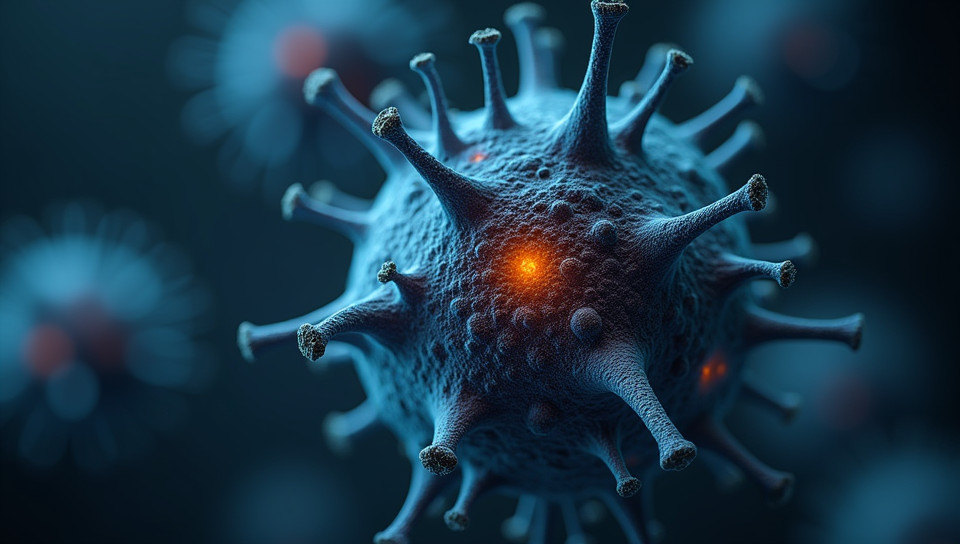ECS research mostly focuses on CB1 and CB2 receptors 55%

The Endocannabinoid System: A Deep Dive into CB1 and CB2 Receptors
As we continue to unravel the mysteries of our body's complex systems, one area of research that has gained significant attention in recent years is the endocannabinoid system (ECS). This vast network of receptors, chemicals, and cell-signaling pathways plays a crucial role in maintaining various physiological processes. At its core, ECS research focuses on understanding the function of two primary receptor types: CB1 and CB2.
Understanding the Endocannabinoid System
The ECS is a decentralized system that operates throughout our body, influencing everything from pain perception to mood regulation. It's composed of two main types of receptors: CB1 and CB2. These receptors are embedded in cell membranes and respond to endogenous cannabinoids, which are naturally produced by our bodies.
The Role of CB1 Receptors
CB1 receptors are the most widely distributed cannabinoid receptors in the brain and central nervous system (CNS). They play a crucial role in regulating various physiological processes, including:
- Mood modulation
- Pain perception
- Memory consolidation
- Appetite regulation
- Metabolic function
The Role of CB2 Receptors
CB2 receptors, on the other hand, are predominantly found in peripheral tissues and the immune system. They have been linked to inflammation reduction, modulating pain perception, and influencing gastrointestinal motility.
Current Research and Future Directions
While ECS research has made significant strides in recent years, there is still much to be discovered about the complex interactions between CB1 and CB2 receptors. Ongoing studies aim to explore the therapeutic potential of ECS modulation for various conditions, including:
- Chronic pain management
- Neurodegenerative diseases (e.g., Alzheimer's, Parkinson's)
- Inflammatory disorders (e.g., multiple sclerosis)
Conclusion
The ECS, particularly the CB1 and CB2 receptors, holds immense promise for advancing our understanding of human physiology and developing novel therapeutic strategies. As researchers continue to unravel the intricacies of this complex system, we can expect significant breakthroughs in various fields of medicine. By shedding light on the mechanisms underlying ECS function, we may unlock new avenues for addressing some of humanity's most pressing health concerns.
- Created by: Leon Kaczmarek
- Created at: Dec. 3, 2024, 11:23 a.m.
- ID: 16428









